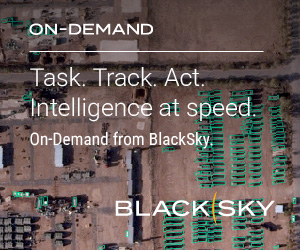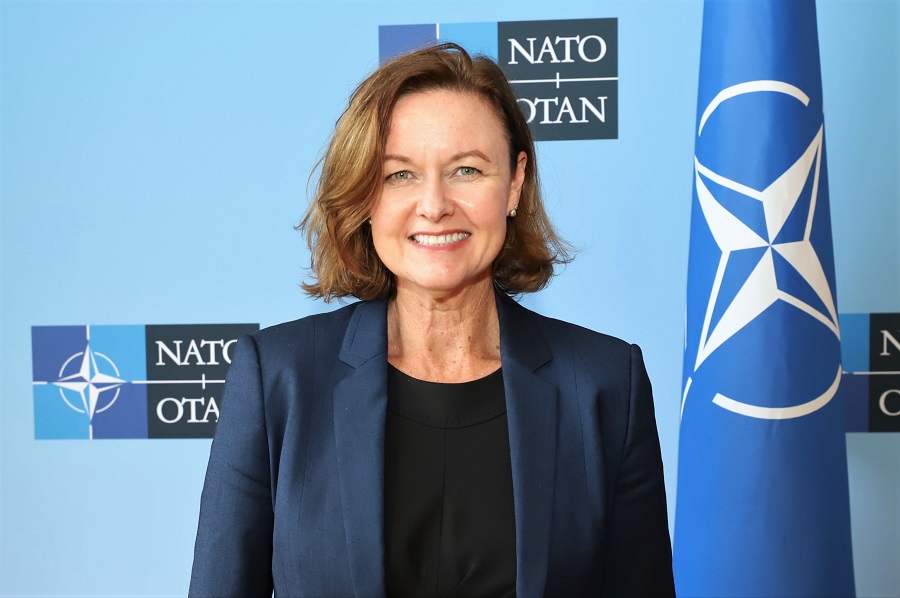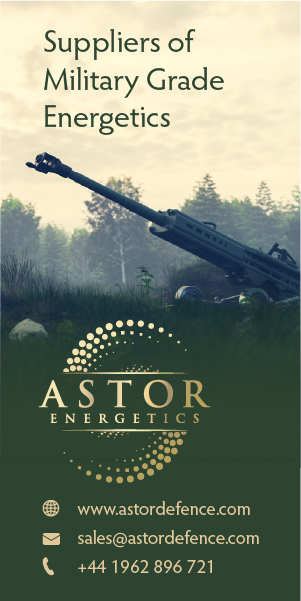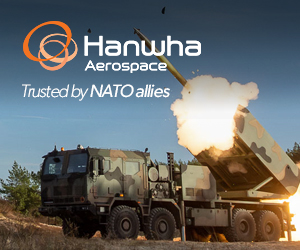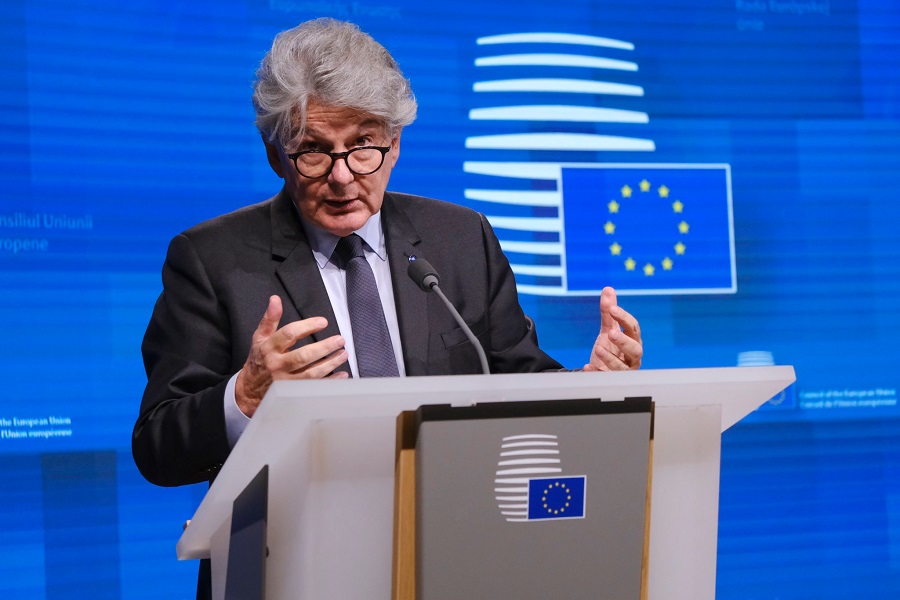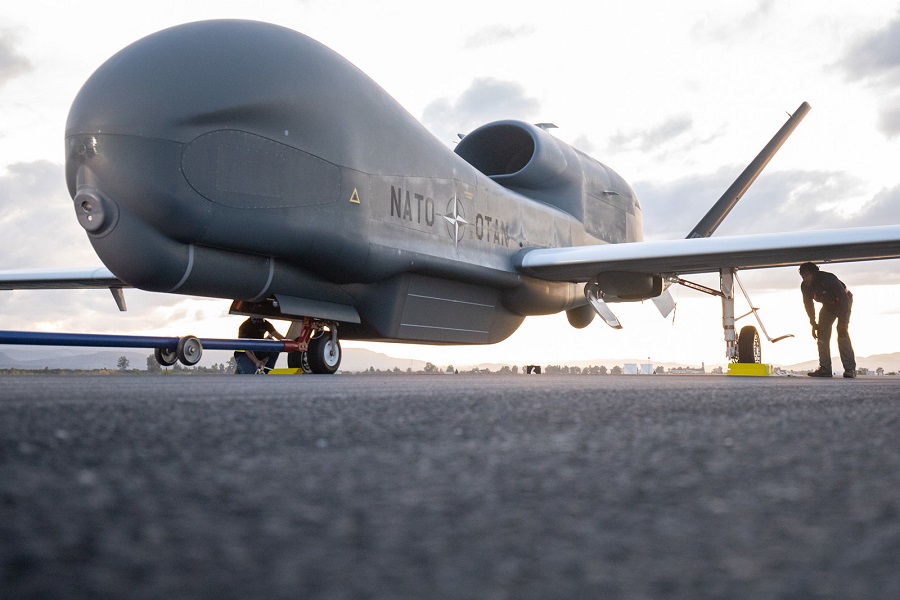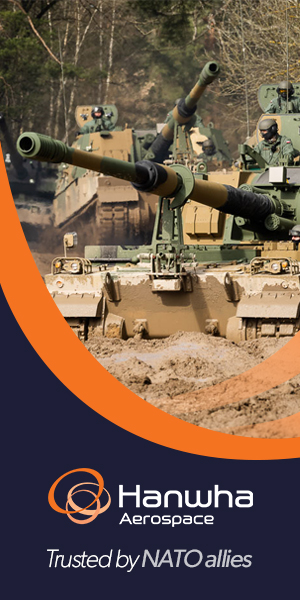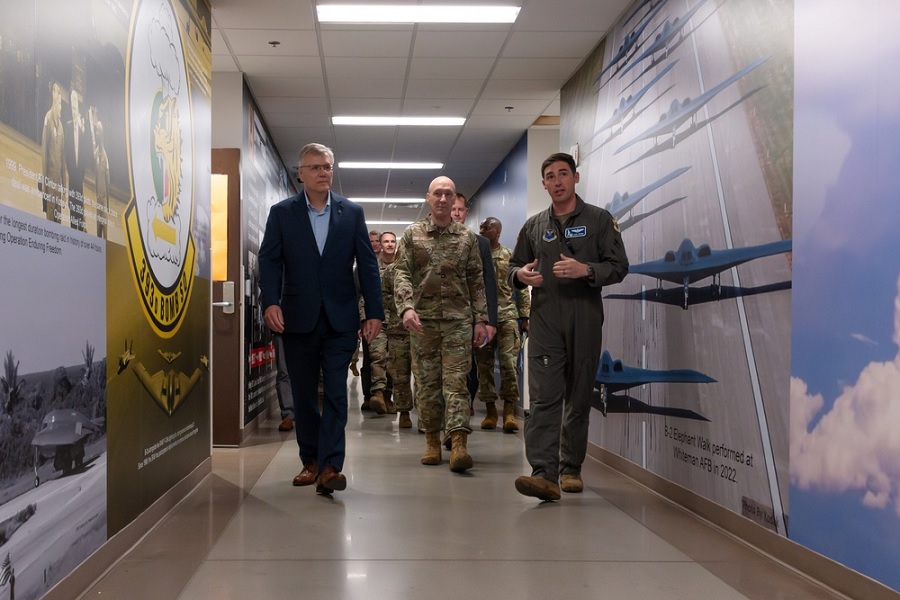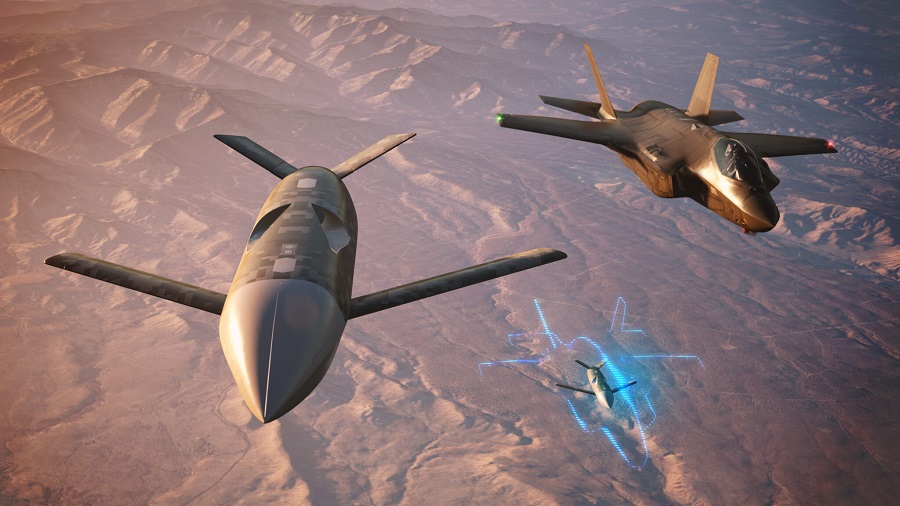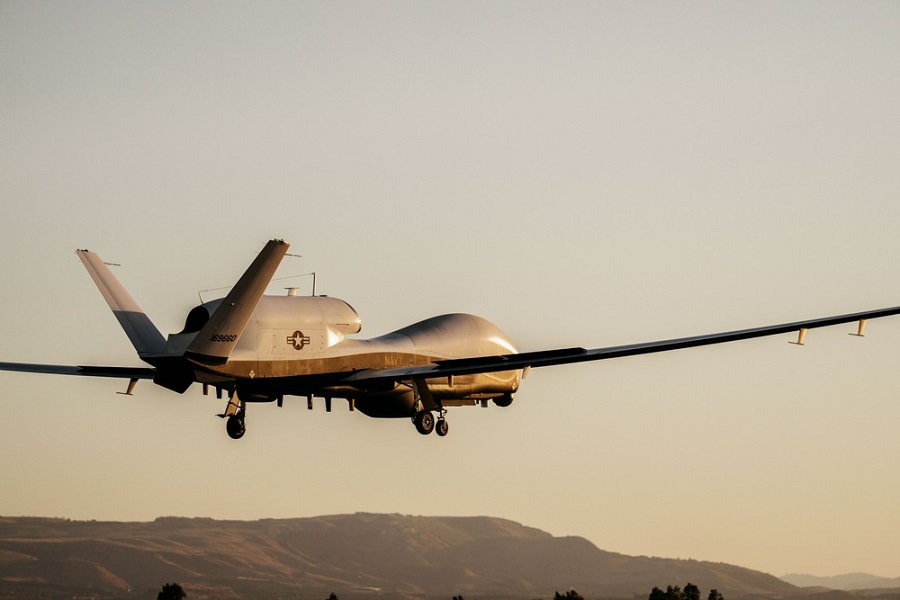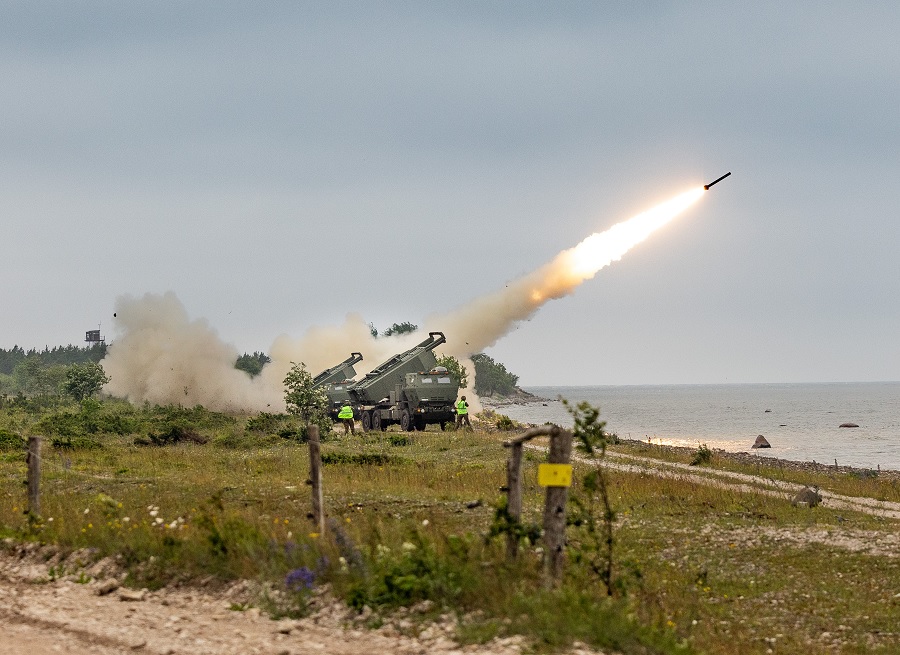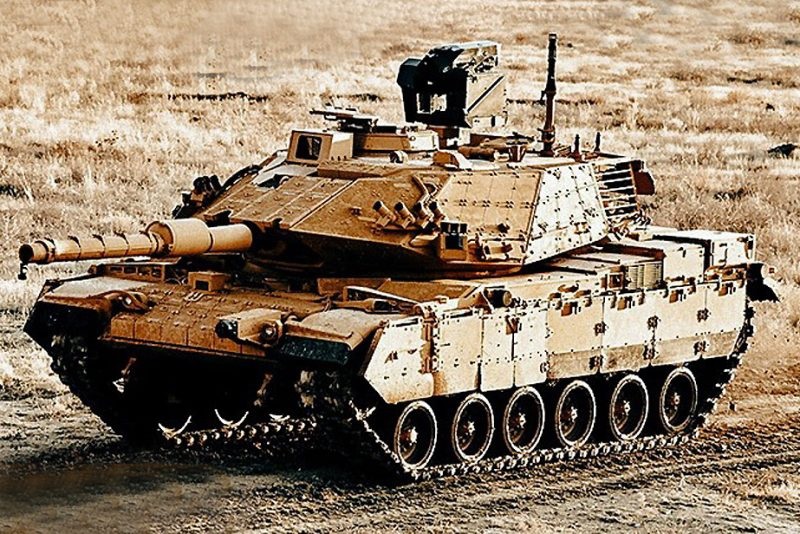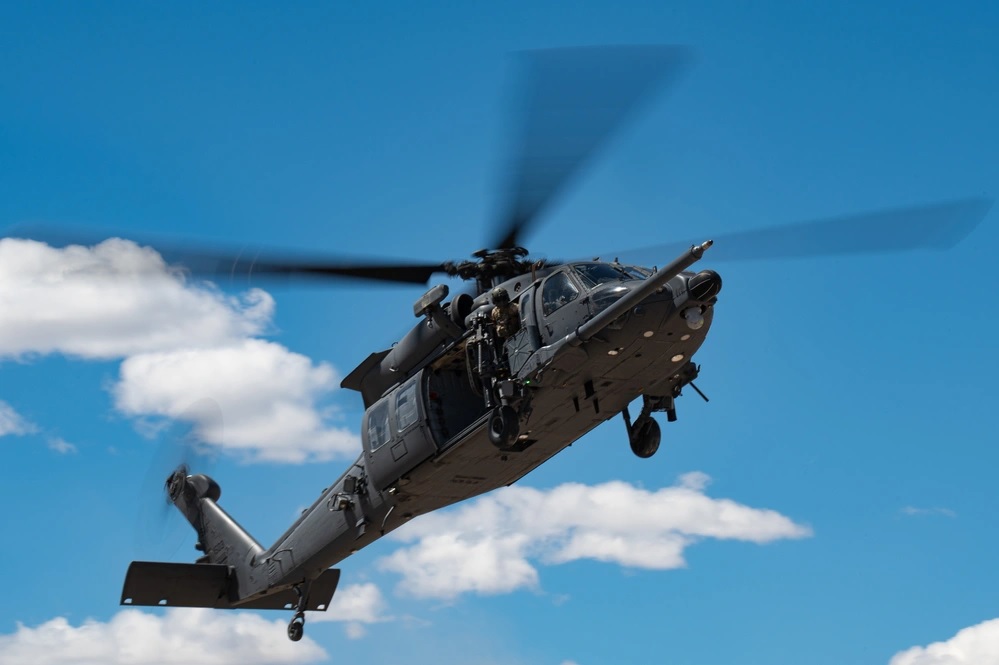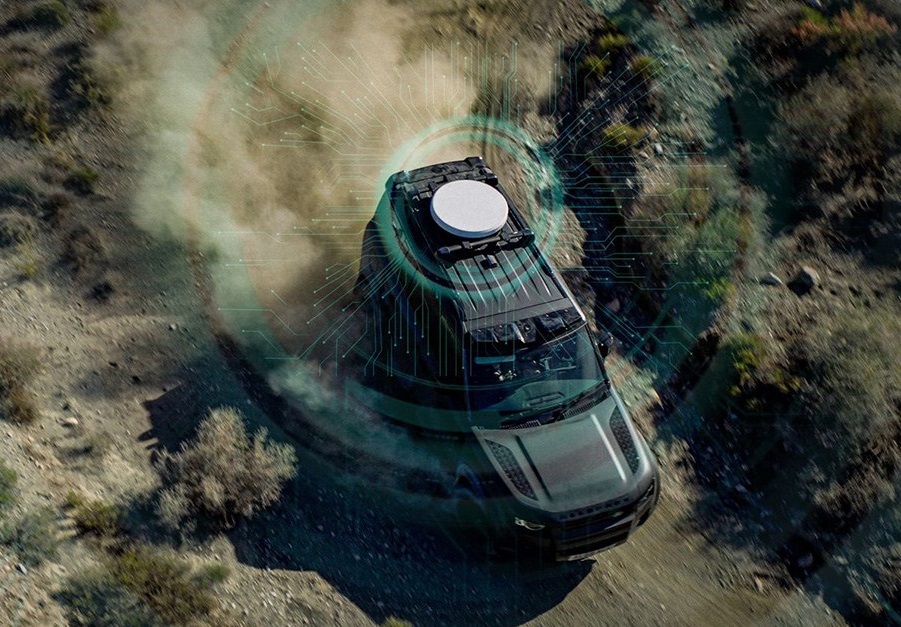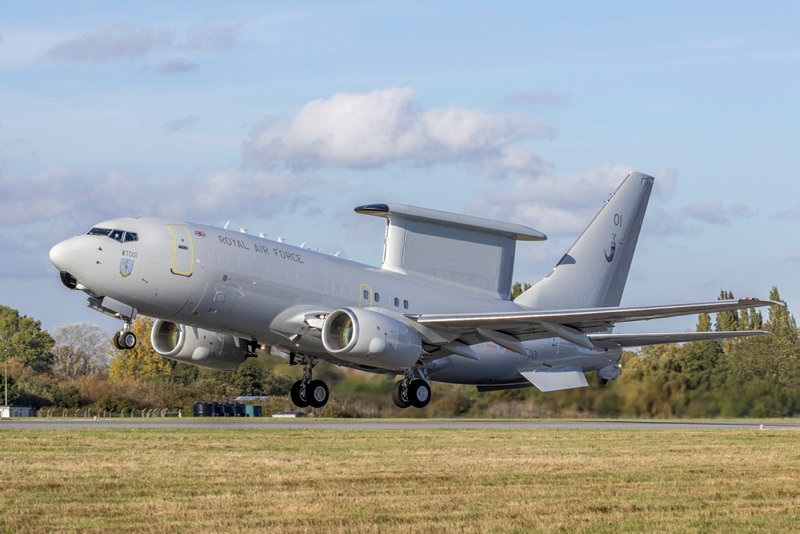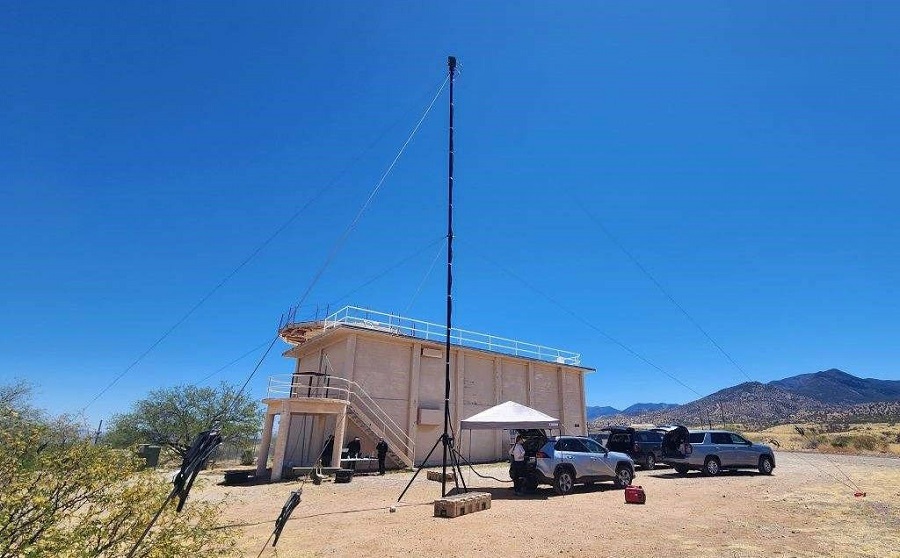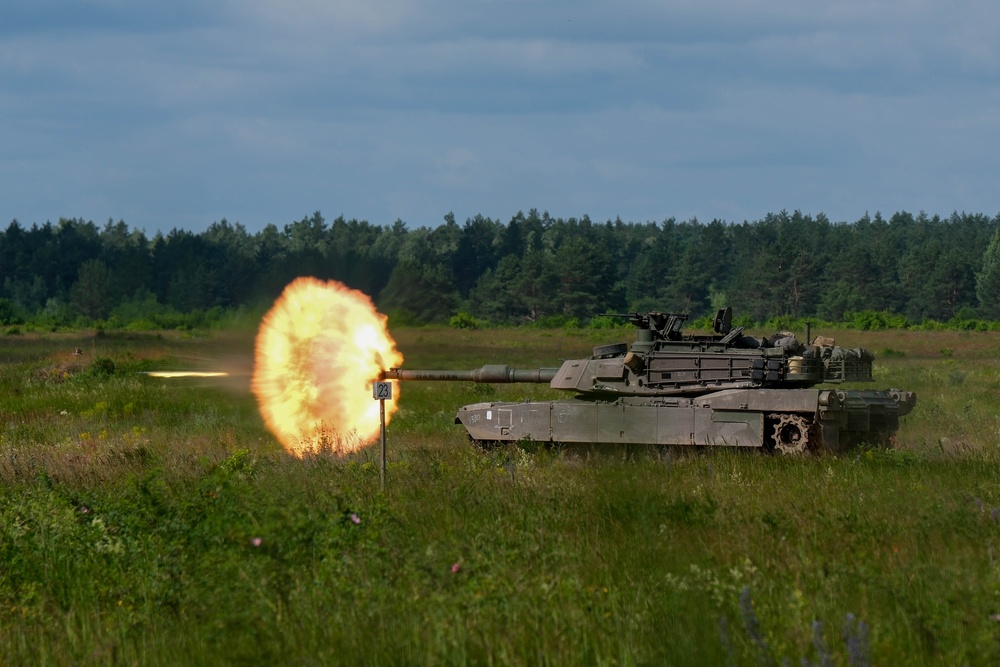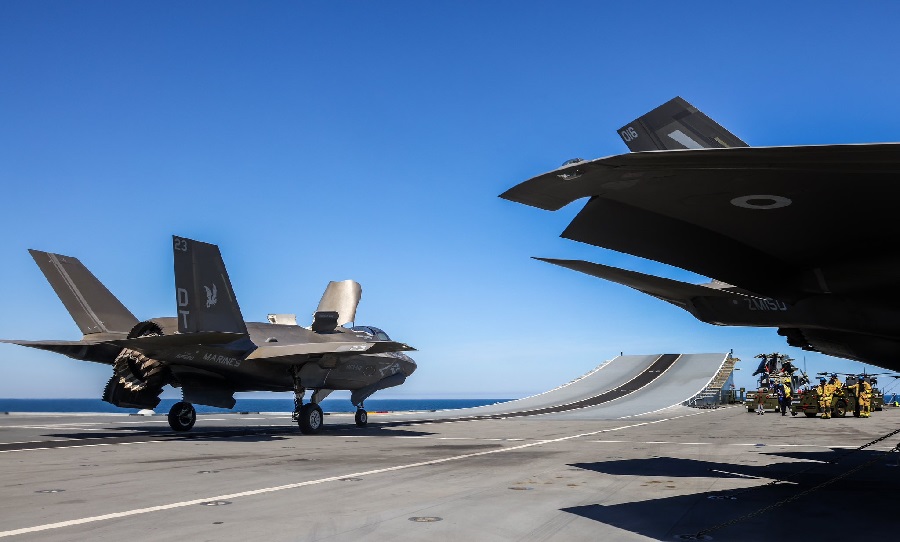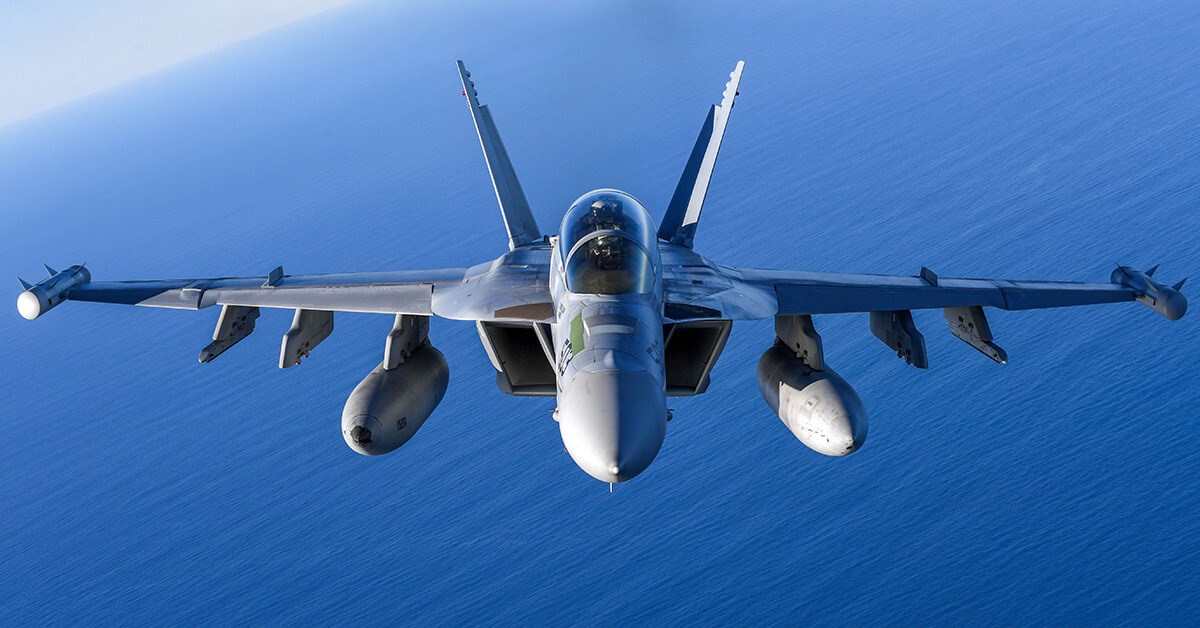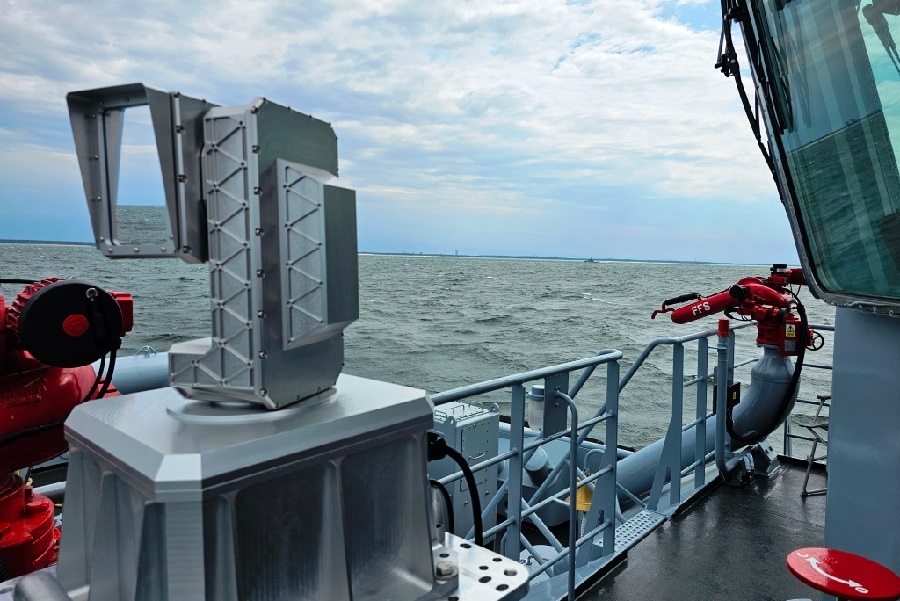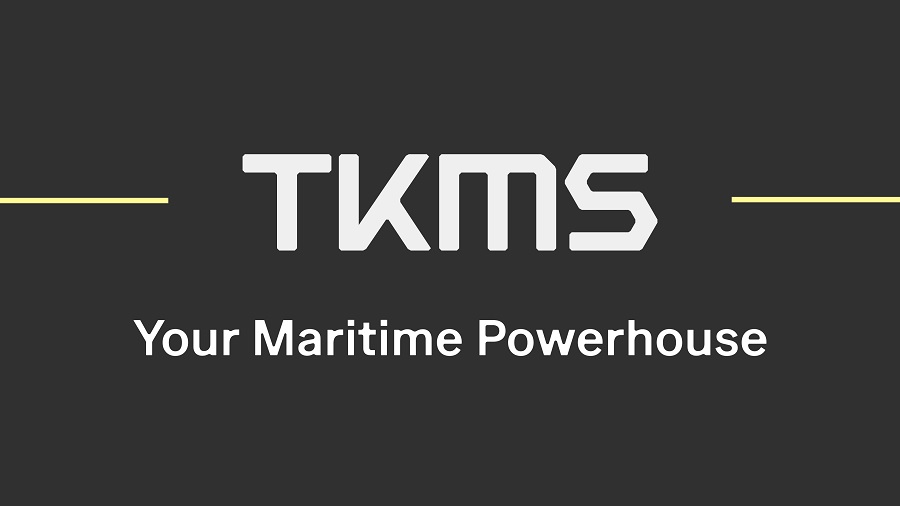Lukasz Prus, defence-industry.eu: What are the main tasks of NSPA and how are they currently being carried out?
Ms Stacy Cummings, General Manager of NSPA: NSPA is NATO’s lead organisation for multinational acquisition, support, and sustainment. We work to obtain the best capabilities across all military domains at the best value, for NATO and Allied Nations, generating economies of scale while leveraging emerging and advanced technology.
We provide equipment and services to NATO Nations and Partners in all domains: air, ground, maritime, cyber and space. This support ranges from the multinational acquisition of complex platforms, such as aircraft, helicopters and unmanned systems, to the provision of supplies such as fuel, spare parts and ammunition, or services such as maintenance of radars for air defence, or deployable infrastructure, transportation, medical and catering services.
To fulfil our mission, we work as a link between Nations and the industry to find the best capabilities in the market that match the Nations’ requirements in a cost-efficient way.
NSPA has extensive ties to NATO member countries as well as defence industry companies. What is your opinion about the attitude of individual countries towards the joint purchases of armaments and military equipment? How does making such purchases benefit the member countries? What are the benefits from the NATO perspective?
NSPA provides a proven framework that enables multinational and multi-year cooperation in procurement consolidating national requirements into a multi-nation, multi-year demand signal, negotiating contracts with industry that incentivise them to expand capacity, reduce contractor fratricide lower prices through economies of scale. Therefore, NSPA is an efficient and effective link between the supply chain and the Nations to deliver responsively on that exact requirement.
Our Support Partnerships, for example, convene nations to aggregate their demand and allocate production capacity according to nations’ priorities. This has proven to be a successful multinational cooperation mechanism. Over the last five years, we have established three new Support Partnerships to include new capabilities, such as satellite communications or medical support, in line with the Nations’ needs and priorities. By the end of 2022, we expect two new Support Partnerships to be created, leading to a total number of 35.
Established on the initiative of two or more NATO nations wishing to organise common support and services activities, this mechanism enables the consolidation and centralisation of requirements reducing costs and logistics footprint and providing common and efficient support under a ready-to-go legal framework.
Since 2017, we have seen a 19% increase in the number of participating nations, as more Allies and Partners have decided to combine efforts and join our existing Support Partnerships.
Beyond interoperability, interchangeable and common systems among Allies are a key strength for NATO. Therefore, when nations pool and share resources and act together they achieve tactical, operational and strategic objectives in a more efficient and coherent way.
What is your current assessment of the European defence industry’s ability to implement international arms and military equipment purchase programmes? What benefits do such joint projects with NSPA bring? What does the cooperation between the NSPA and arms companies look like?
The level of demand industry faces today is unseen since the Cold War. This is paired with global supply chain challenges as a result of the pandemic and effects of Russia’s war against Ukraine. Consensus has formed around the notion that Allies and Partners would benefit from working together through multinational acquisitions, opting for interchangeable and common system.
This upcoming increased demand for defence investment should be accompanied by confirmed contracts and orders. Stable requirements with a common configuration are key to effective production gains by industry, and also support interchangeability amongst Allies, when supported by operational requirements.
NSPA is well placed to play a role in consolidating national requirements into a clear demand signal. Our existing Support Partnerships structure provides a multinational cooperation mechanism to aggregate demand and allocate production capacity according to nations’ priorities. This unique mechanism enables the consolidation and centralisation of requirements reducing costs and logistics footprint and providing common and efficient support under a turnkey legal framework.
Engaging industry is one of NSPA’s major strengths, enabling us to develop state-of-the-art solutions and source the latest technologies for the Alliance. To successfully deliver these current and future capabilities for NATO and Allies, and maintain awareness of latest developments, NSPA engages and works closely with industry at different stages. We also organise industry days, by nation or by specific capability or domain, to foster engagement with the private sector and brief companies on our procurement processes, opportunities and regulations.
The NSPA has been active for many years. Which NSPA-implemented programmes do you think have been the most successful?
Our Agency has been operating for more than 60 years. During the last six decades, we have successfully evolved from the support of traditional common weapon systems, supplying spare parts and maintenance capabilities, to our current portfolio, where we support more than 100 weapon systems and many different programmes. We have also increased the scope of our activities, and today we provide a full portfolio of acquisition and logistics support.
Today, NSPA manages several key NATO and multinational projects throughout their lifecycle. A case in point is the Multinational MRTT Fleet, which provides strategic transport, air-to-air refuelling and MEDEVAC capabilities to six Allies. The MMF is not only a prime example of cooperation between the EU and NATO and their respective agencies, but also shows how nations can cooperate, pooling and sharing resources to get access to state-of-the-art capabilities that would be difficult or impossible to access individually. All the nations involved, independent of their size and the required number of flying hours, have access to the aircraft’s capabilities. The programme has developed a transparent and fair cost sharing mechanism based on flying hours, enabling smaller nations to join with a limited amount of flying hours, but with assured access to an entire fleet of aircraft. In addition, bigger nations benefit from economies of scale offered by this multinational cost share arrangement.
We also manage the acquisition of other multinational complex systems, from initial concept to capability delivery, product support and lifecycle logistics, and disposal. Another good example is the Alliance Future Surveillance and Control (AFSC). This programme represents NATO’s largest and most complex capability development initiative to date, and NSPA is managing the Concept Stage.
The Agency also provides full life-cycle management support to the other key NATO capabilities, such as the Alliance Ground Surveillance (AGS), the Strategic Airlift Capability (SAC), the PATRIOT missile system or BOXER armoured vehicles, to name a few.
Has Russia’s aggression against Ukraine affected in any way NSPA’s scope of operations? Has it changed the attitude of member countries towards NSPA-mediated purchasing?
In response to Russia’s war of aggression against Ukraine, NATO has fundamentally shifted its deterrence and defence posture, strengthening forward defences, enhancing their battlegroups in the eastern flank and increasing the number of high readiness forces.
NSPA has been supporting this global effort, providing logistics support, supplies and services to the armed forces located in the eastern flank, including fuel, accommodation and other services on demand. In addition, NSPA has been assisting individual Allies with the procurement of material such as winter clothing and medical equipment, as well as logistical services such as the provision of fuel.
Nations had engaged in collaborative efforts in defence before the conflict, but the war has accelerated this trend. The Agency is also adapting to increased and accelerated demand to assure the best support to NATO and the individual nations of the Alliance.

